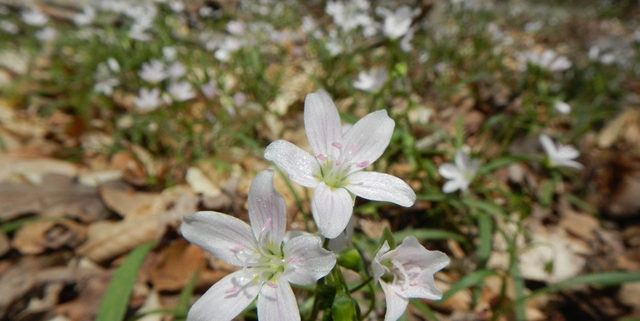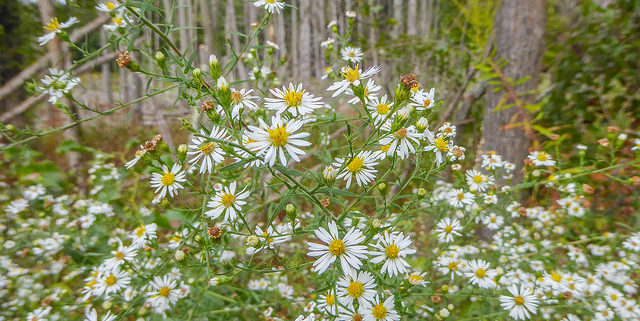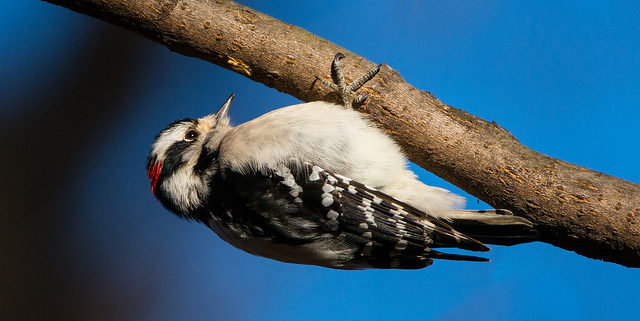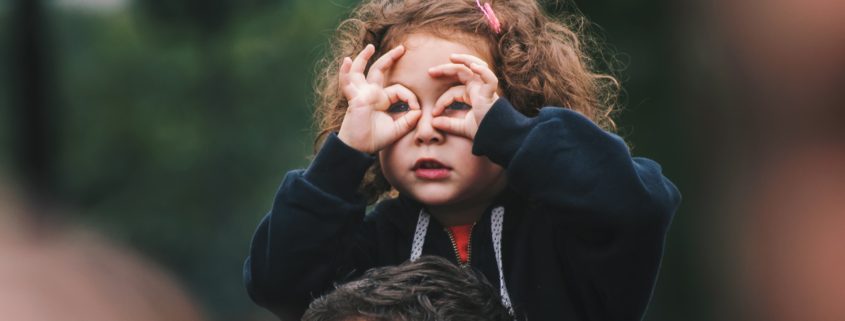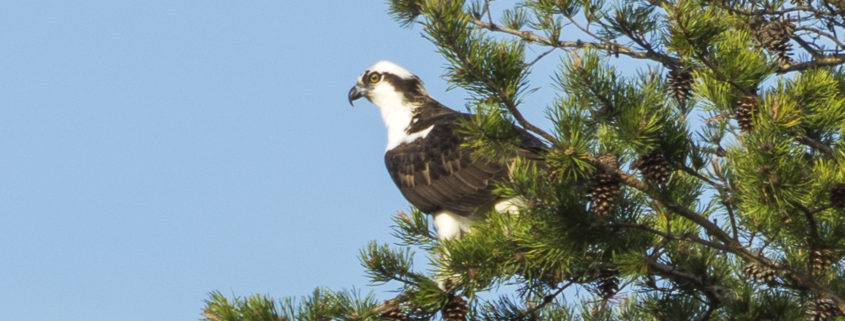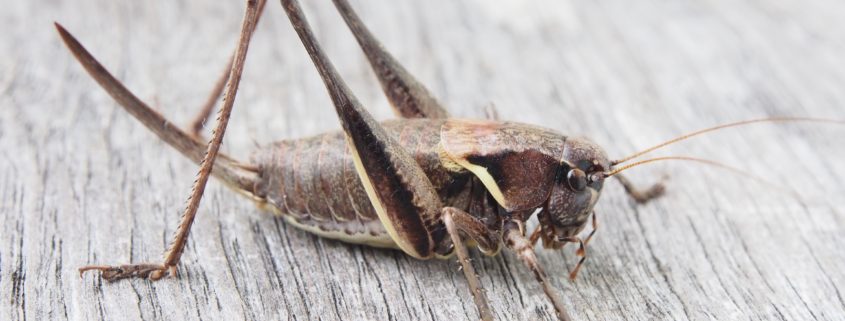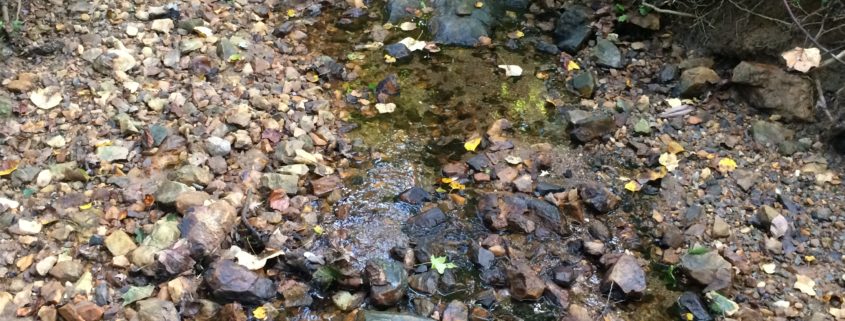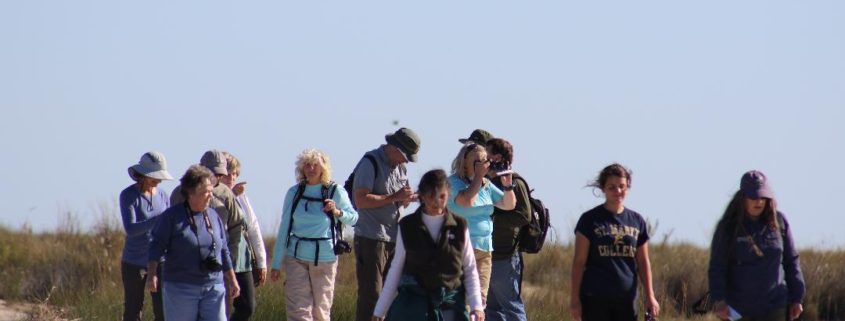Mike Bishop
The 2018 Virginia Master Naturalists State conference is over, but attendees left with a lot of useful information, new friends, and fond memories. This year’s conference was held in Fredericksburg, 7-9 September. Although I also attended the 2017 conference in Front Royal, this year I participated not only as a student, but as an instructor.
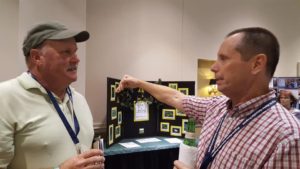
Mike Bishop (left) discussing purple martins with Chris Ludwig
The organizing committee asked if I would be interested in teaching classes about the Purple Martin and the Northern Virginia Purple Martin Initiative that I founded several years ago. I immediately said I would, seizing a great opportunity to be able to spread the word about this conservation effort.
The conference started for me on Friday with a thrilling and educational 3-hour kayak trip down the historic Rappahannock River, with 25 other naturalists. Sights along the way were Bald Eagles, Osprey and Great Blue Herons, to name just a few. Our guides had extensive knowledge of an adjoining canal system that I didn’t even know existed. We pulled ashore at several places to explore them. This was just one of many field trips led by local experts on the area. I spent the rest of the conference teaching or attending classes by leaders in their fields of study. One class I particularly enjoyed covered current research and findings about bird migration patterns and habits.
The conference center was top notch; classrooms were excellent for teaching and the meals were delicious. The Rappahannock chapter did everything right to make this a most enjoyable and comfortable event. There were even three tables of superb, nature-related door prizes. Everybody walked away with something.
After attending the state conferences for the past years, I plan on going to as many future ones as possible. As important as the classes you learn from is networking with others from around the state—finding out what makes their chapters so fun and effective.
In September 2019, the conference will be held in Harrisonburg. The close proximity again makes it convenient for the members of our chapter. Considering the area, the field trips should be visiting some spectacular natural areas of the Shenandoah Valley.
Unfortunately, representation from our chapter has been low at the past two conferences. Let’s see if we can change that next year. Believe me, it’s time well spent and I hope to see you there!
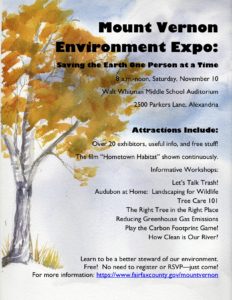 Please sign up here to talk about the value of planting native plants with visitors to the Mount Vernon District Environment Expo: Saving the Earth One Person at a Time.
Please sign up here to talk about the value of planting native plants with visitors to the Mount Vernon District Environment Expo: Saving the Earth One Person at a Time.

